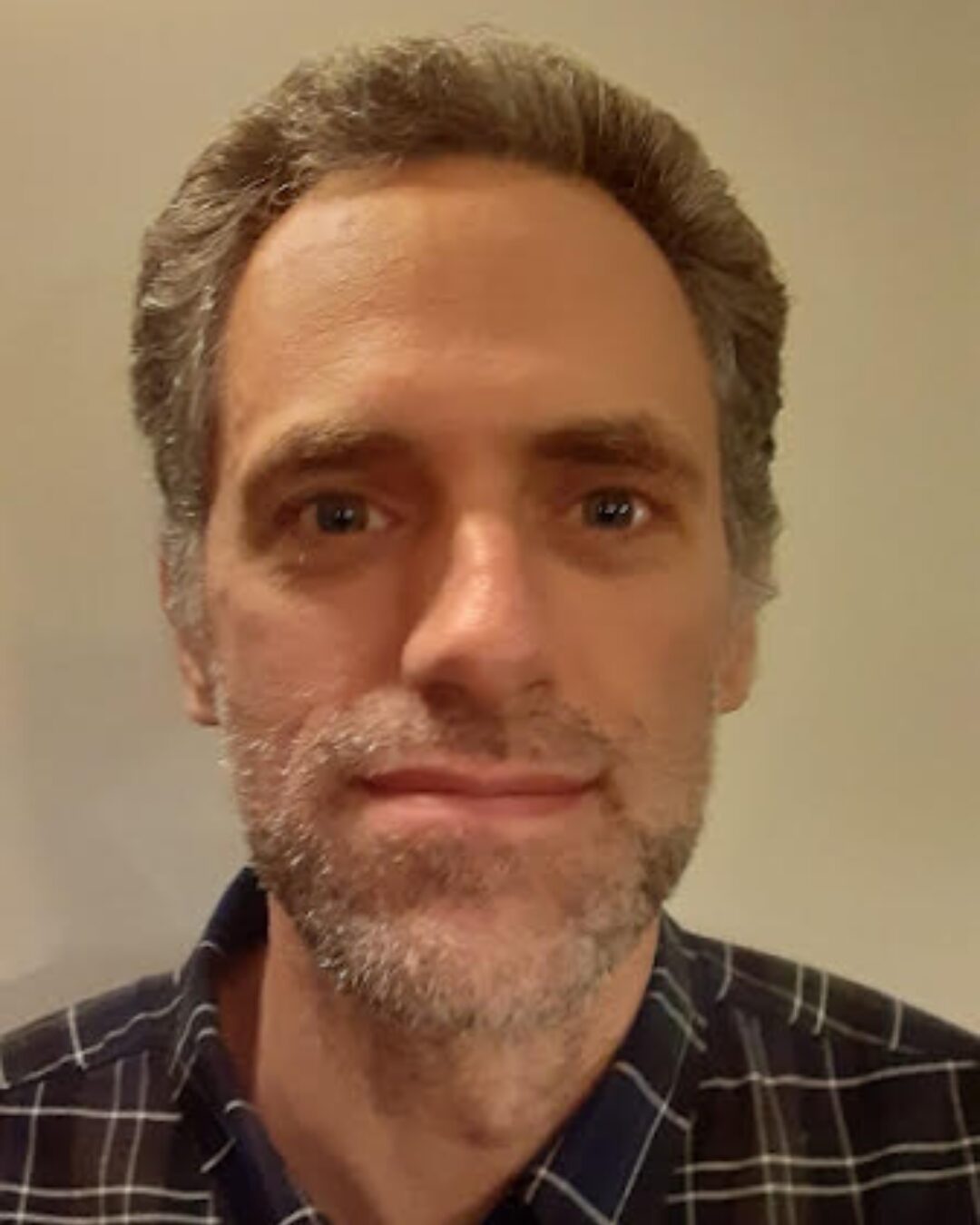
Thursday, August 7, 2025
from 1 to 6 pm
at The Wild Center
Join us for Fire in the Adirondacks: It has Happened Before - Can it Happen Again?—a one-day conference bringing together community members, scientists, Indigenous voices, and policy leaders to explore wildfire risk and preparedness in the Adirondacks.
As wildfire threats increase across the Northeast, this conference aims to deepen our collective understanding of fire as a natural ecological force—and the growing need for proactive strategies to protect Adirondack landscapes and communities. Through panels, presentations, and conversations, we’ll explore what’s at stake, what’s possible, and what we can do—together.
REGISTRATION
Fire in the Adirondacks: It has Happened Before - Can it Happen Again? Conference Schedule:
PRE-CONFERENCE: guests are encouraged to arrive when the Center opens at 10 am to explore trails, exhibits and programs. Conference registration includes general admission.
- Highlights include Wild Walk, Climate Solutions, Raquette River Roll (newly expanded!), Forest Music, Patrick Dougherty’s Stickwork, Birdly, and animal ambassadors that call The Wild Center home
- 11 am Creature Feature (drop-in program to see and learn about a Wild Center animal ambassador)
- 12 pm Otter Program (drop-in program to learn about Wild Center resident river otters)
- 12:30 pm pre-conference fire session in Planet Adirondack
11 am: Check-in Opens
- Registered attendees check-in and receive their name badge
- New attendees are invited to register if tickets remain
1 pm: Event begins in Flammer Theater with a welcome from Hillarie Logan-Dechene, The Wild Center
1:10 pm Partners Perspectives Panel: Why are we talking about wildfire in the Adirondacks now? facilitated by Nicole Baker, The Wild Center
- Dan Kelting, Paul Smith’s College
- Tracy Ormsbee, Adirondack Explorer
- Stephanie Ratcliffe, The Wild Center
1:30 pm Indigenous Perspectives Indigenous Relationship to Fire with Jade Haumann, Masters Student, Seneca Wolf Clan
2:15 pm Historic Perspectives Wildfire and Land Use in the Adirondacks with Phil Terrie, Environmental Historian & Author
3 pm Forester Perspectives Panel: Can It Happen? Then What? facilitated by Bob Stegemann
- Angello Johnson, St. Regis Mohawk Tribe
- Tom Curiale, Lyme Timber Company
- Lizz Schuyler, Adirondack Park Agency
- Justin Waskiewicz, Paul Smith's College
3:50 pm Policy Perspectives Panel: Is Forever Wild Helping or Adding Fuel? Current Park Policy Discussion facilitated by Mike Lynch, Adirondack Explorer
- Mark Lesser, SUNY Plattsburgh
- Claudia Braymer, Protect the Adirondacks
4:20 pm: Keynote Understanding Historical Fire Regimes to Foster Resilient Forests with Jed Meunier, Research Scientist, Wisconsin Dept. of Natural Resources
Introduction from Sally Bogdanovitch
4:55 pm: Closing Remarks
POST-CONFERENCE: Reception with Presenters at 5:15 pm
- Meet and network with attendees and conference presenters
- Enjoy local beer, New York State wines and snacks
- Take a photo with Smokey the Bear!
THANK YOU SPONSORS
Keynote Speaker Sponsor
Ignite Sponsor

Spark Sponsor

ABOUT THE SPEAKERS
KEYNOTE: Jed Meunier
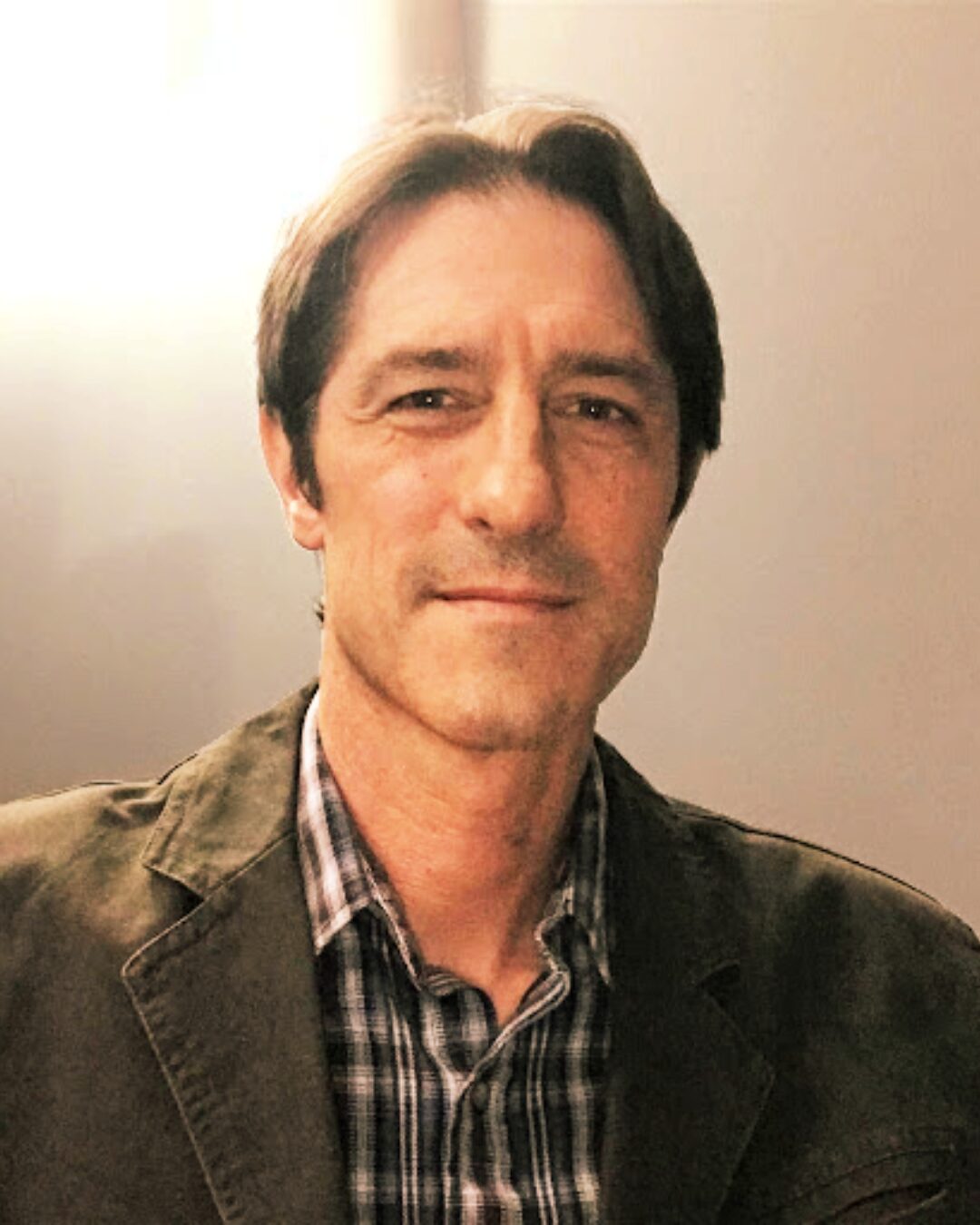
Sally Bogdanovitch
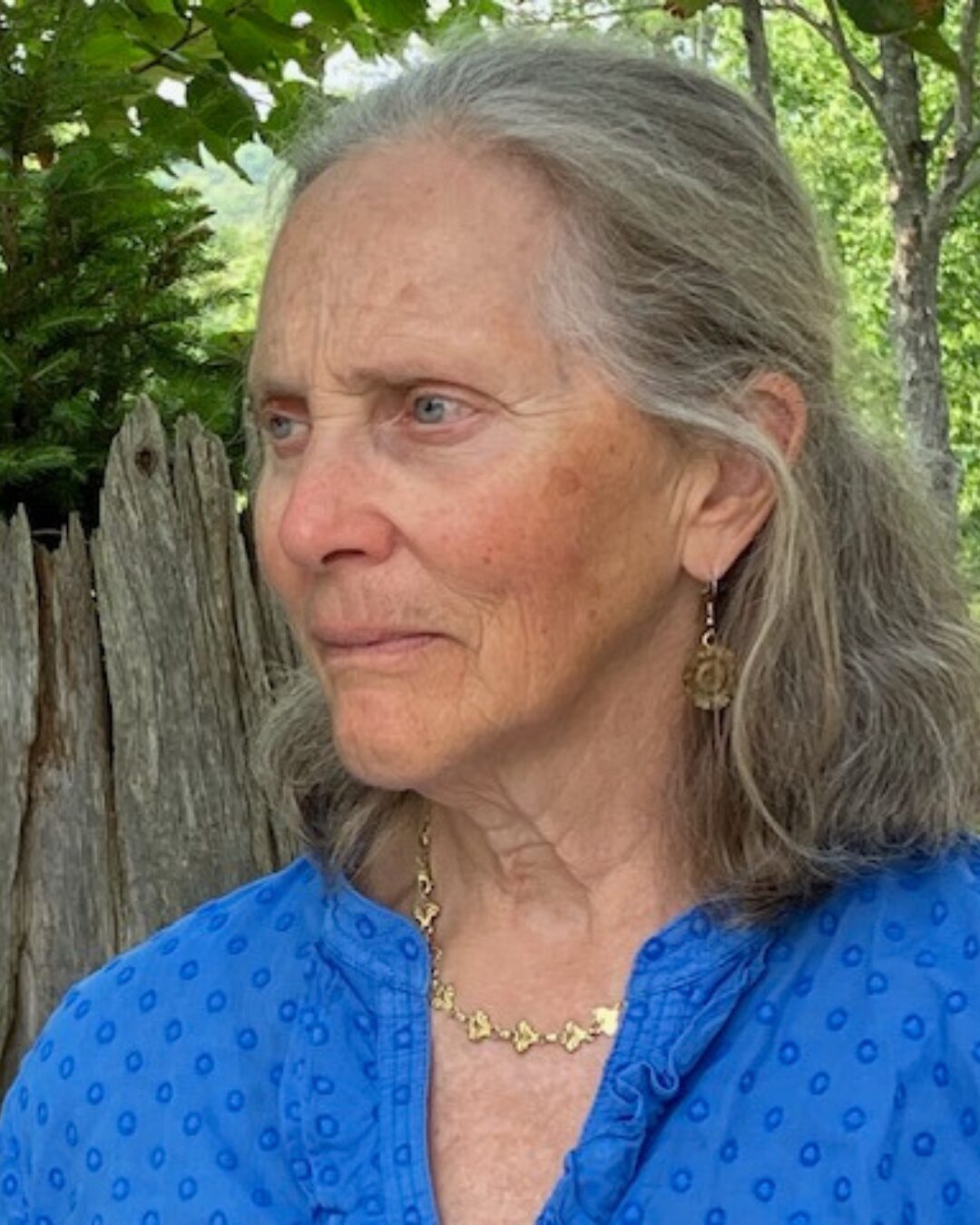
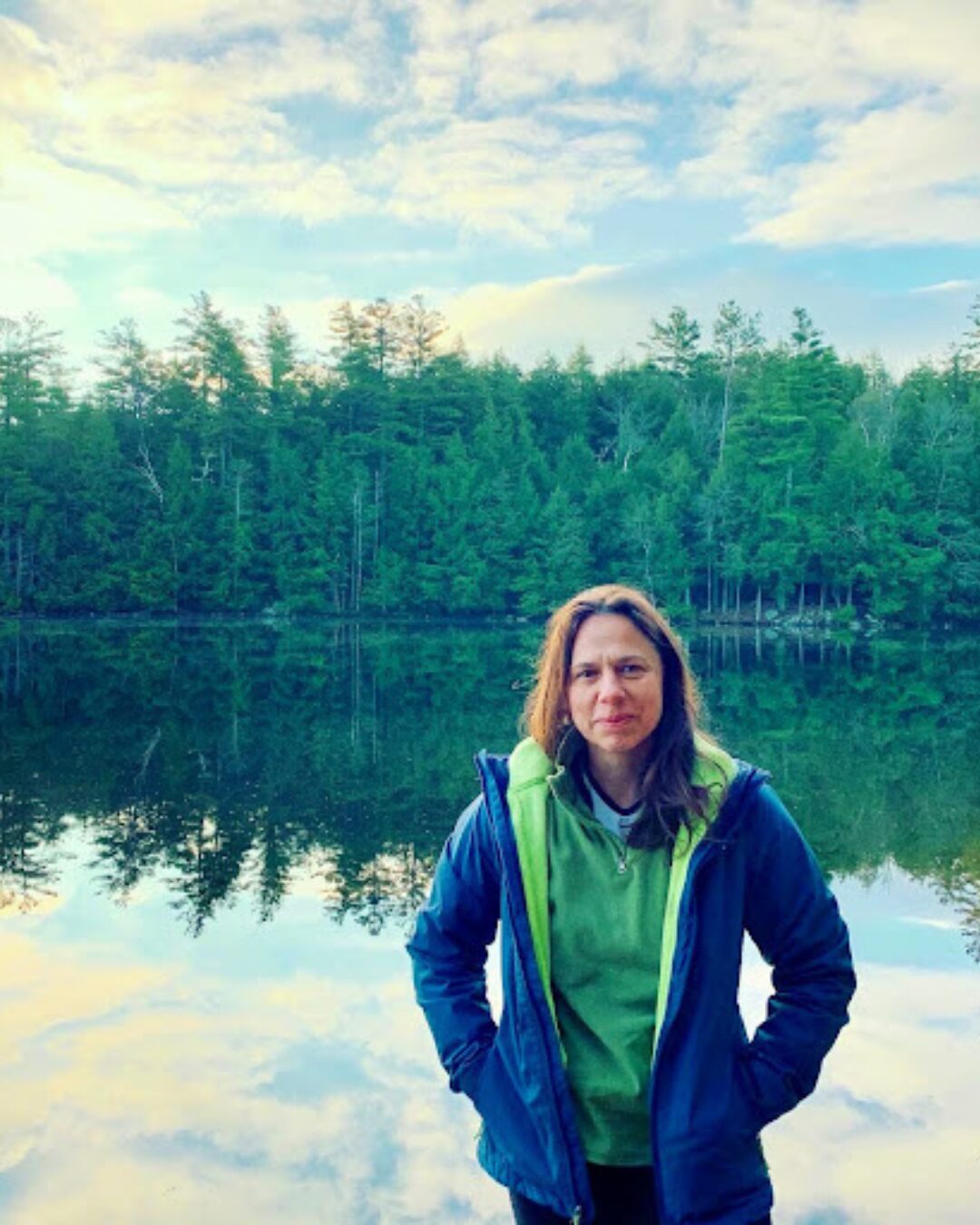
Claudia Braymer
Tom Curiale
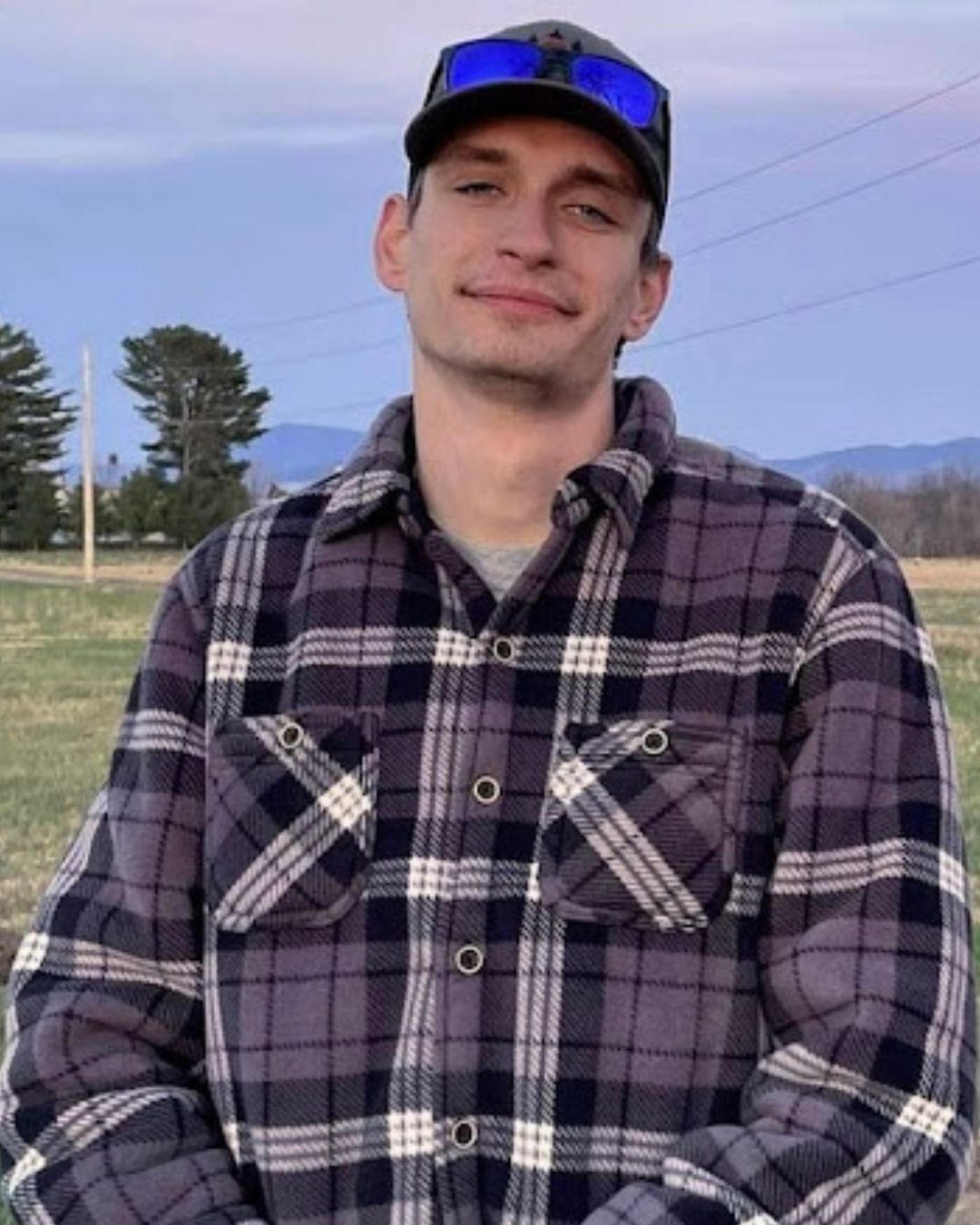
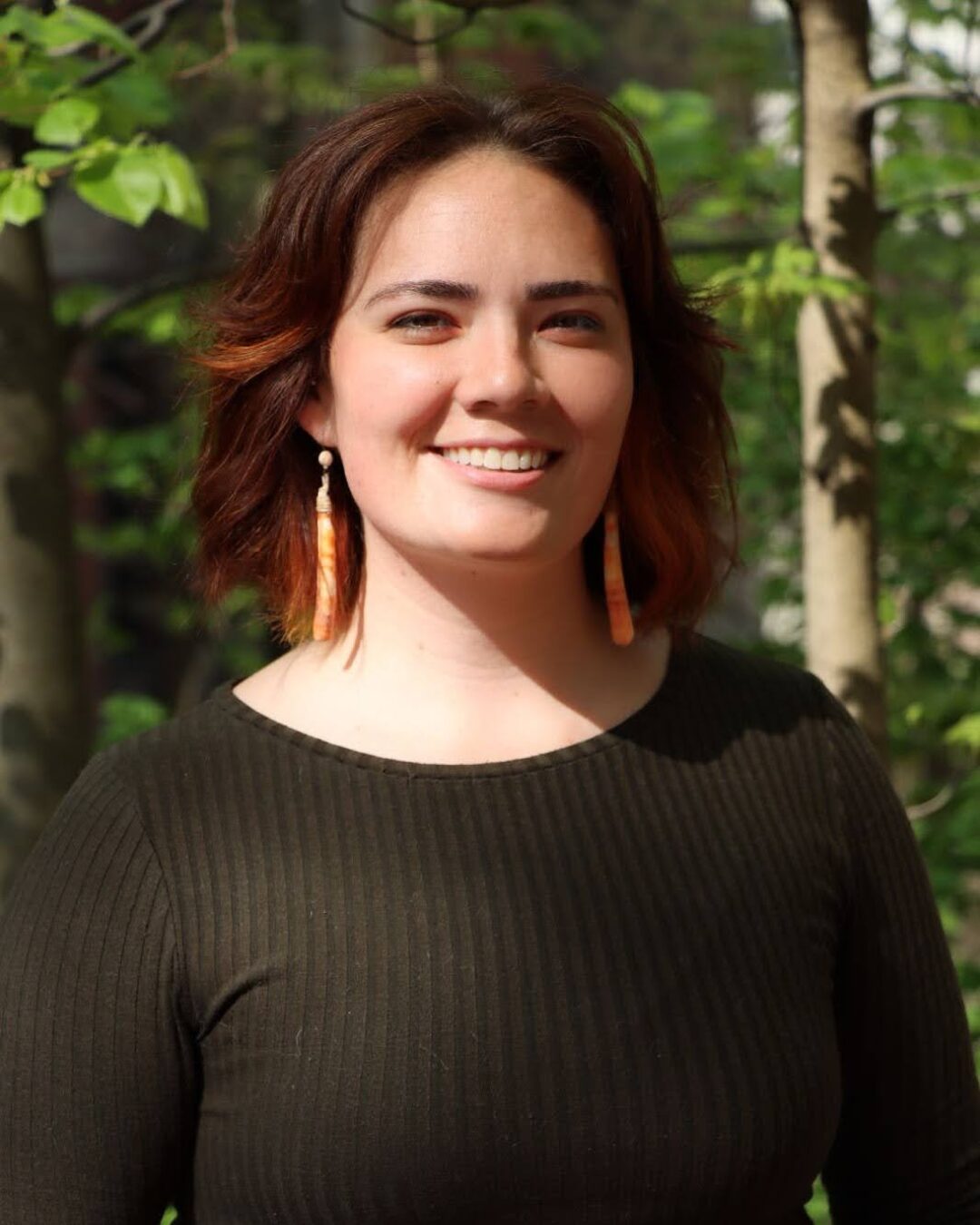
Jade Haumann
Jade’s professional aspiration is to work with the Onondaga Nation community to help build plans for a prescribed burn team that can benefit all Haudenosaunee communities interested. As a student, she has dedicated much time and energy to traveling to other Indigenous communities and building relationships with fire practitioners outside the Haudenosaunee Confederacy to create a supportive network. Through studying behavior of wildland fire, Jade has also acquired her NWCG Firefighter Type 2 certification and has participated in controlled burns as far as Northern California. Fire holds a special place in Jade’s heart and genuinely enjoys sharing the often-untold story of fire’s nurturing qualities in caring for the land.
Dan Kelting
Dan’s leadership at Paul Smith’s College has focused on rebuilding its academic programs, improving student services, cultivating an inclusive campus culture, and reengaging with the external community and supporters. His strategic vision is focused on building a thriving college which includes strengthening partnerships with local communities and businesses and fostering a sustainable, thriving college community.
Since earning his Ph.D. in Forest Soils from Virginia Tech in 1999, Dan’s career has spanned academia and environmental stewardship, achieving significant milestones, such as securing major funding for key projects and enhancing protection of regional water resources. For example, his pioneering work that documented widespread contamination of surface and groundwater by road salt led to his appointment to New York Governor Hochul’s Road Salt Task Force whereon he contributed to vital recommendations for safeguarding water resources in the Adirondacks.
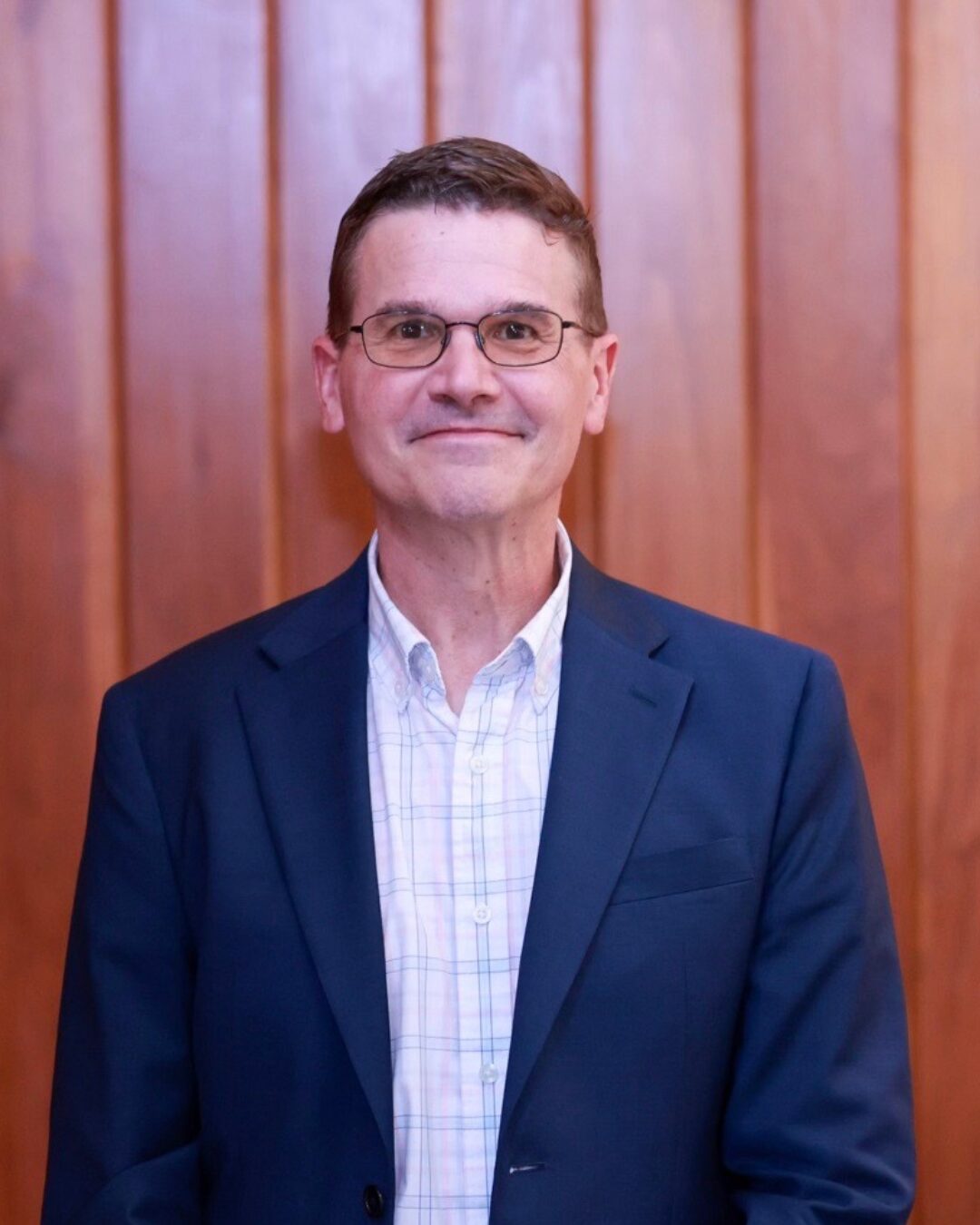
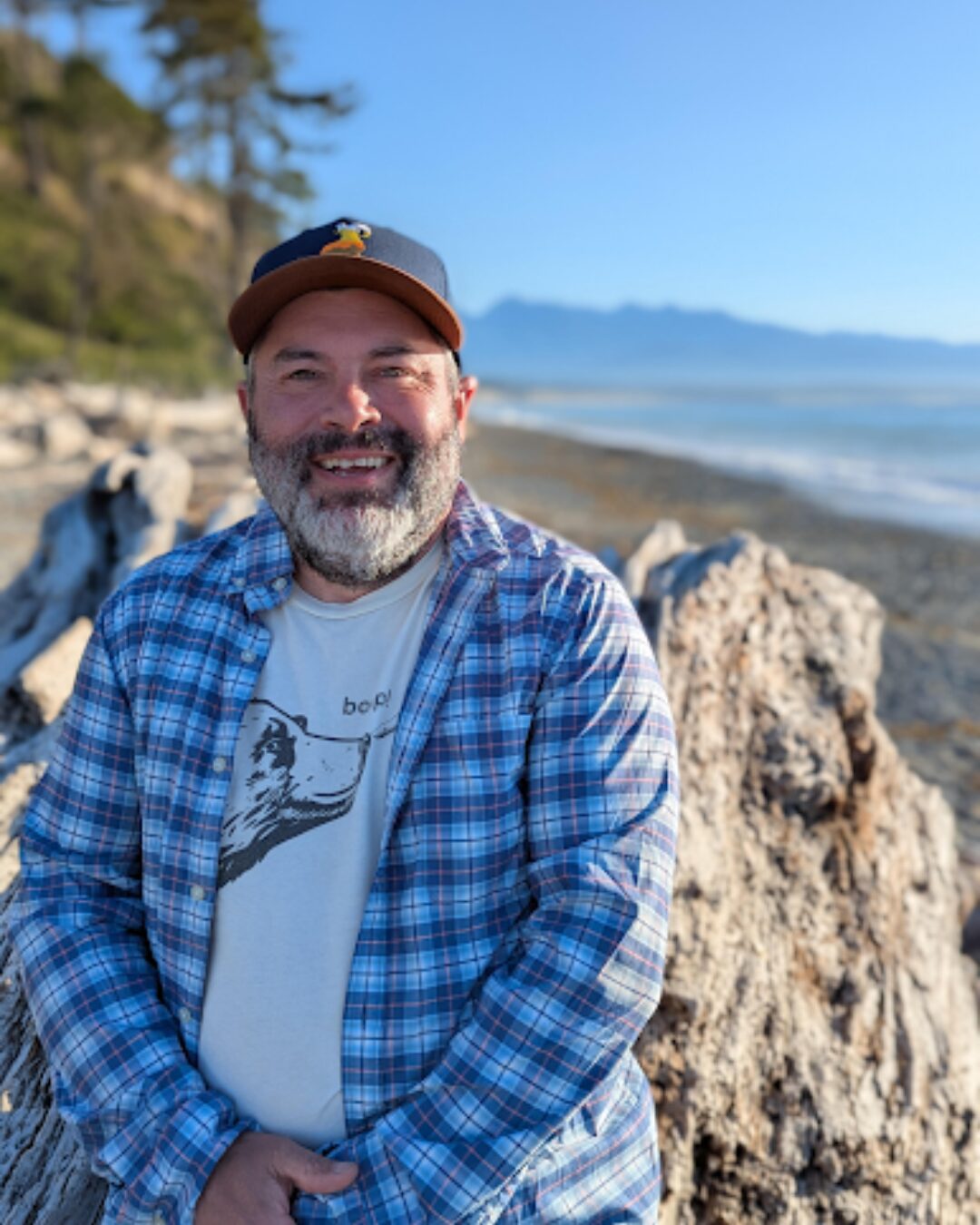
Dr. Mark Lesser
Mike Lynch
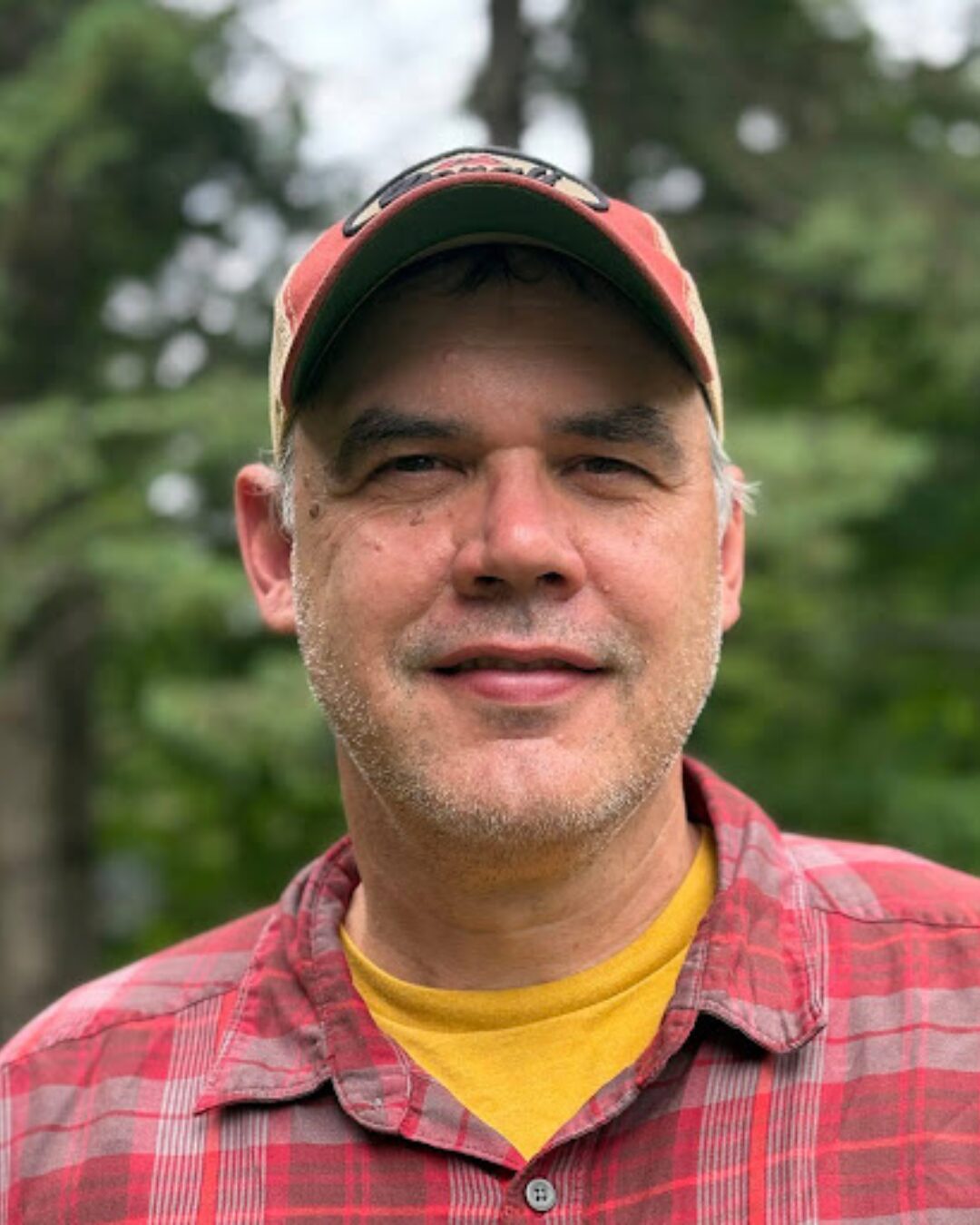
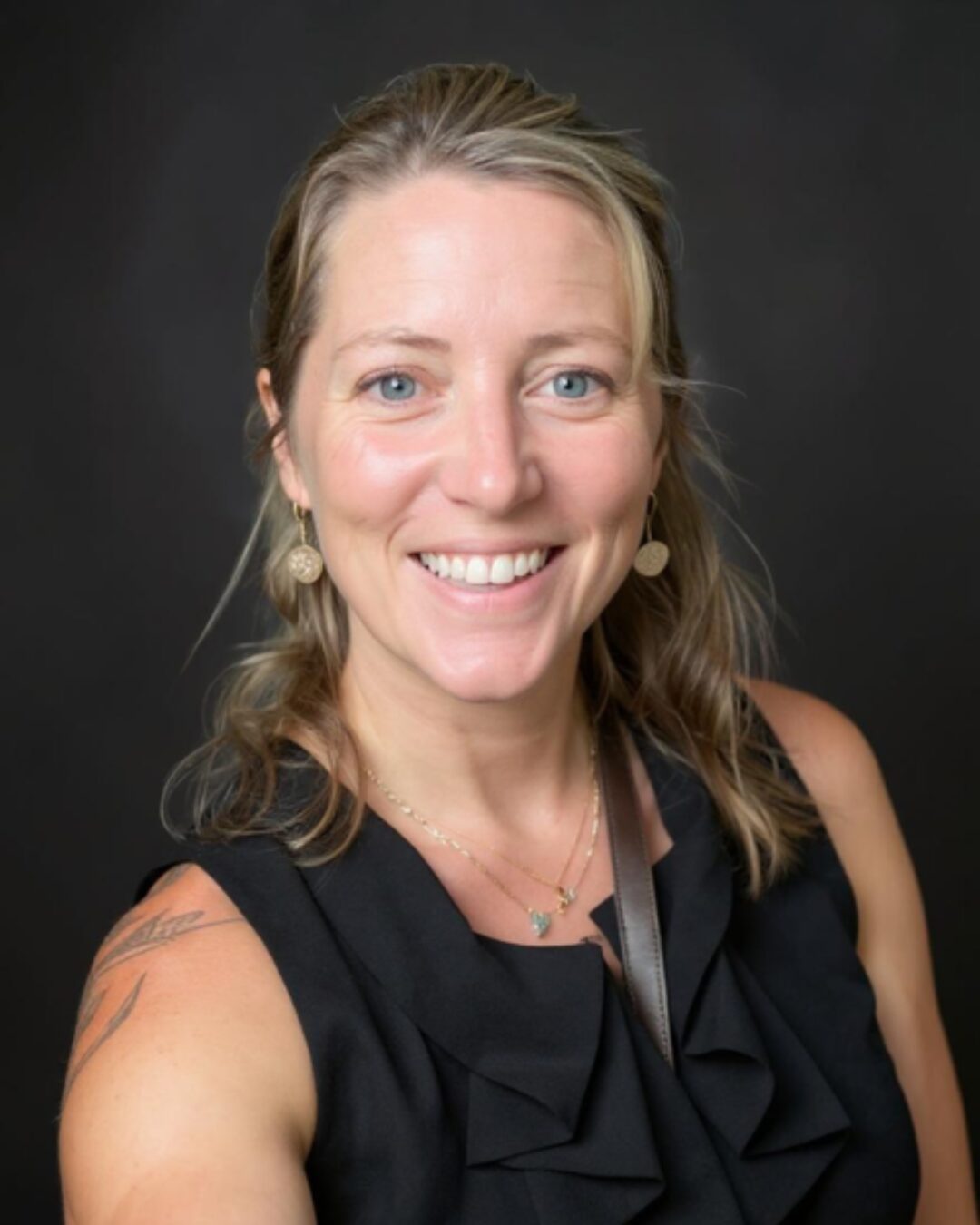
Lizz Schuyler
joining the Agency, she served as a professor of wildlife ecology at Paul Smith’s College, where she taught and mentored students in the heart of the Adirondacks. Driven by a commitment to science-informed policy and a deep connection to her home region, Lizz brings a cross-regional perspective on fire-adapted ecosystems and land management strategies.
Bob Stegemann

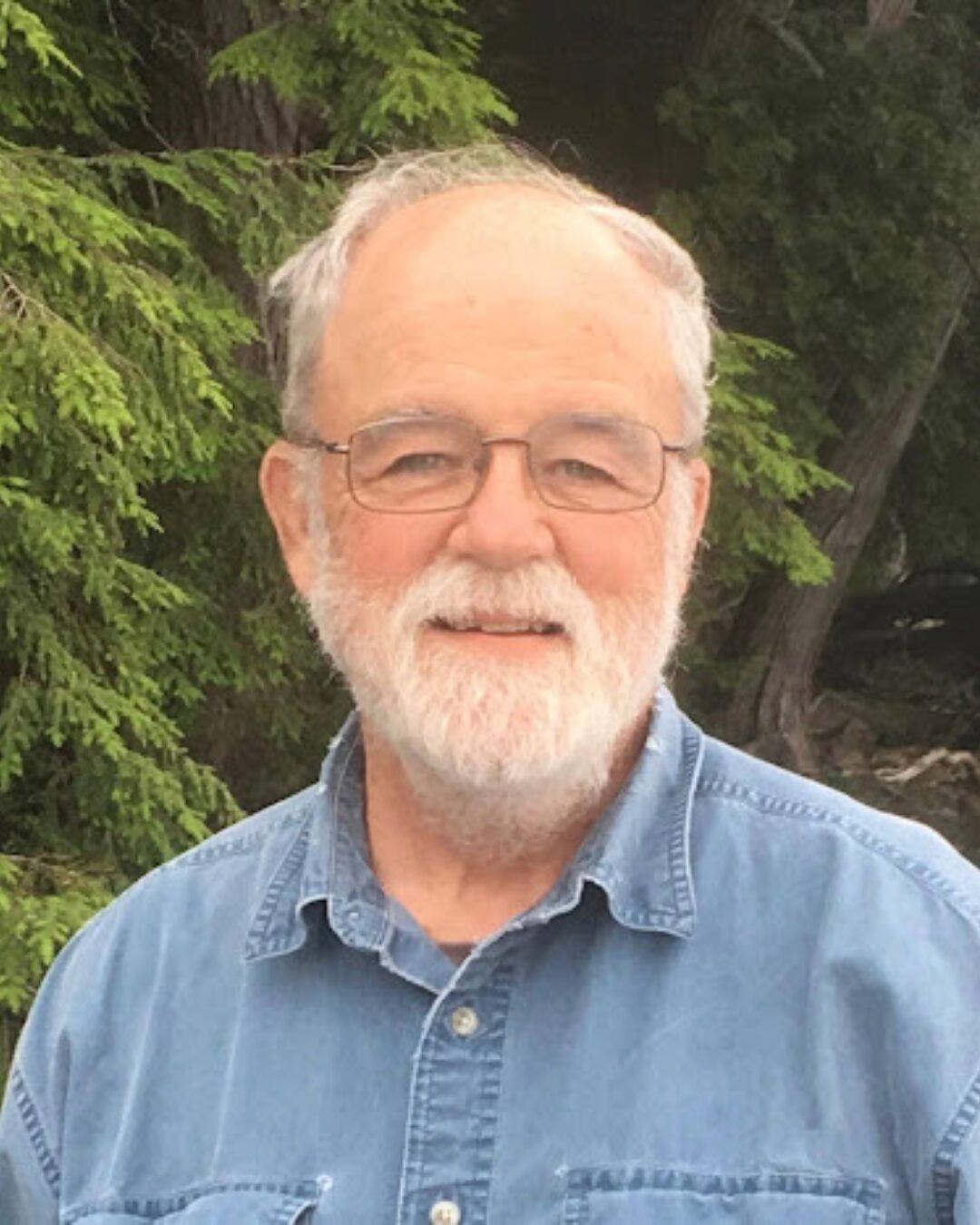
Philip Terrie
Justin Waskiewicz
